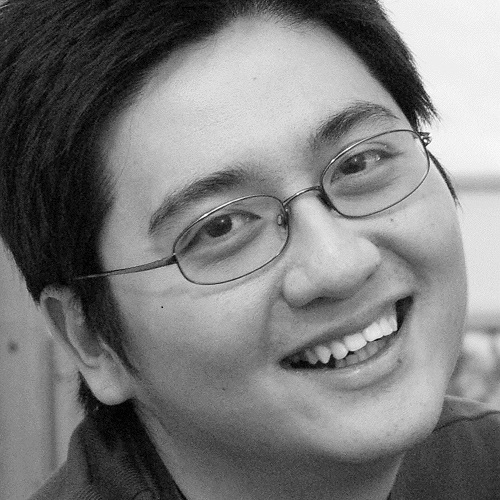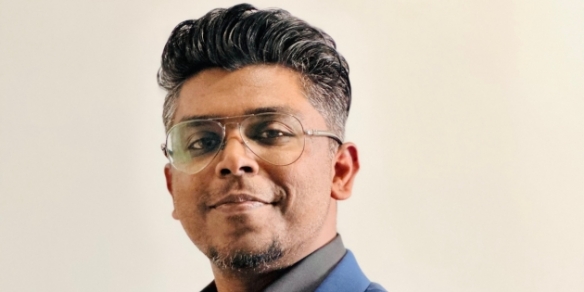Bad Computer Science programmes: Parents and industry
By Dr Shawn Tan July 11, 2013
- Industry needs to change its habit of under-paying interns and exploiting them as cheap labour
- Parents should let their children decide the direction that they would like to take their life
 I INTEND to wind up my columns on bad Computer Science programmes by looking at the role of parents and industry.
I INTEND to wind up my columns on bad Computer Science programmes by looking at the role of parents and industry.
While both parties are not directly involved in formulating these programmes, they both play different and significant roles in the outcome of said programmes.
The direct role that industry plays in this is that of feedback. There is often an Industry Advisory Panel (IAP) that typically meets annually to provide curriculum feedback. The idea behind this exercise is to ensure that the curriculum is current, relevant and meets industry needs.
With due respect, the IAP often looks at the curriculum based on the present and future work-force needs of their individual organisations. What they often fail to understand is that it is not the job of a university to produce workers for their factories or offices.
The role of worker training is played by host companies during internships. Student interns must be put through the grinder and not merely exploited on menial tasks that nobody else wants to do. They must be given proper coaching and guidance to accomplish their tasks.
Unfortunately, industry often treats student interns as students instead of interns. They are expected to learn, while interns are supposed to work. This excuse is often used to justify under-paying or simply not paying student interns.
Internships are an opportunity for students to evaluate whether they would like to build a career in a particular field. This can only happen if the students are given real responsibilities, allowed to work under real-world conditions, and suffer real-world consequences of their actions.
But this also means that industry needs to change its habit of under-paying interns and exploiting them as cheap labour.
In fact, I would recommend paying a decent wage based on the kind of work that they do and responsibilities that they have. They should be treated like the young adults that they are.
Internships are not merely a necessity for completing a degree but are a valuable real-world learning experience. There is no reason why a student should only do it to pass their course. There are plenty of opportunities to do extra internships, particularly during the long breaks between academic years.

However, few students in Malaysia take the opportunity to do multiple internships in different fields, which is a shame.
If the industry wants to help improve the condition of Computer Science programmes, it could start by running better internships.
Industry should take part in university teaching and learning by giving talks, holding seminars and sharing knowledge and experience with students. It can also play a better role by inspiring and motivating students instead of merely reviewing curricula.
It is not uncommon to find students who have little or no interest in Computer Science, studying it. Apathy is a trait that plagues many students today. Many do not have a clear direction of what they want to do after school.
While always acting in the best interest of their child, the trouble with parents is that they seem to have forgotten that their child is already an adult capable of thinking and acting independently, and should be treated that way.
Instead of making decisions for their children, parents should let their children decide the direction that they would like to take their life. If their child is not yet ready to make the decision, it might be useful to take some time off to gain useful work experience.
Real-world work experience is more valuable than a mere piece of paper, particularly if nothing stands out from that piece of paper. Taking a 'gap' year may sound a little alien in our culture but it is an excellent way to learn the value of a job well done and to explore different types of occupations.
In our society, there is now an expectation of schooling non-stop until children are well into adulthood. This endless paper chase is based on the belief that a piece of paper will guarantee a good life. As a result, most graduates have no inkling of what real life is like when they graduate.
While many studies show a close link between education level and future income, a good life can only be assured through dedication and hard work. This would be difficult without interest in their work as interest is a great motivator.
Chasing paper has also become an obsession, with many parents wanting to give their children a head-start in life, which includes the belief that their child needs to finish first to finish ahead. Learning something well takes time and is more important than simply finishing.
I would even go as far as to suggest that parents encourage their children to start taking on various part-time and vacation jobs. Besides learning the value of money, it gives their children an opportunity to learn skills and acquire much needed real-world exposure.
The job of a parent is not to provide their child with an education but to prepare their child for the real world. Parents often confuse one for the other.
Dr Shawn Tan is a chartered engineer who has been programming since the late 1980s. A former lecturer and research fellow, he minds his own business at Aeste while reading Law. He designs open-source microprocessors for fun. He can be reached via Twitter as @sybreon.
Previous instalments:
Bad Computer Science students, and what must be done
Bad Computer Science lecturers
Is accreditation a bad thing for Computer Science programs?
Too many computer science degree programs in Malaysia?
For more technology news and the latest updates, follow @dnewsasia on Twitter or Like us on Facebook.


